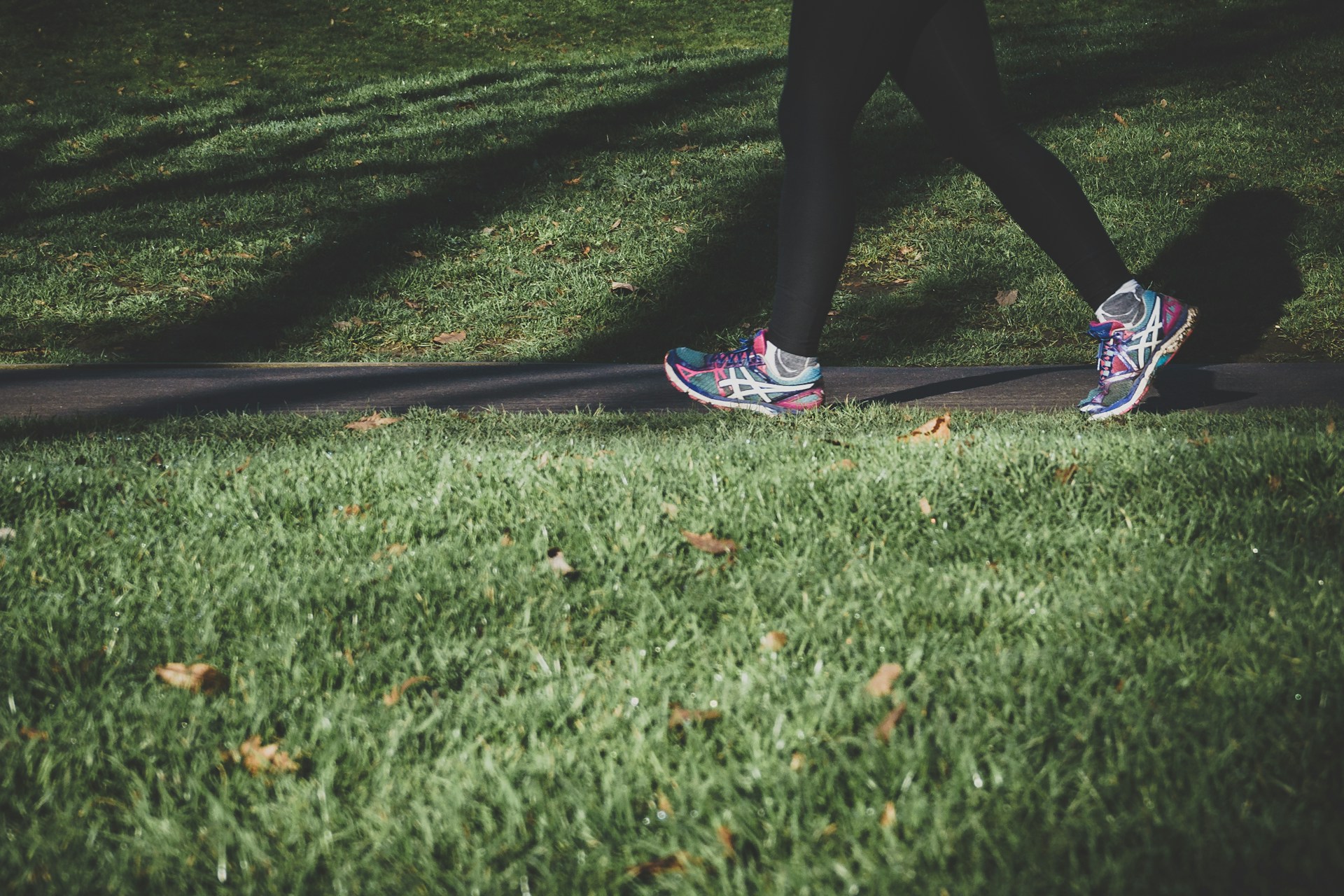Movement
Boost Your Health: Discover the Power of Daily Walks

Walking is more than just a simple way to get from one place to another. It’s a powerful tool that can enhance both your physical and mental health. This is not just a personal opinion, but a fact backed by health experts. As Dr. Cedric Bryant, president and chief science officer of the American Council on Exercise, puts it, “Walking is an ideal option in terms of physical activity. It requires no specialized skill — everyone knows how to walk. It’s low impact and safe.”
The benefits of walking extend beyond the obvious physical advantages. It’s a routine that can be easily incorporated into your daily life, regardless of the weather or your schedule. A 25-minute walk every morning, for instance, can do wonders for your health.
Walking can have a significant impact on various bodily systems. According to Dr. Bryant, it can help control blood sugar levels, reducing the risk of diabetes. The U.S. Department of Health and Human Services recommends 150 to 300 minutes of moderate-intensity aerobic exercise per week. A brisk 30-minute walk five days a week fits perfectly into this recommendation.
If you’re aiming to manage or lose weight, you might need to walk a bit longer. Dr. Bryant suggests gradually increasing your walking time to 45 to 60 minutes most days. This doesn’t have to be done all at once; a 30-minute morning walk and a 20-minute post-dinner walk would suffice.
“Walking outside, being in nature, and getting out of the same place allows you to decompress, understand what’s been going on and refocus,” says Dr. Mark A. Slabaugh, an orthopedic sports medicine surgeon at Mercy Medical Center in Baltimore, Maryland. Walking outdoors can be a form of meditation, helping you connect with your thoughts, understand what’s important, and relax.
Dr. Bryant also emphasizes the benefits of outdoor walking, highlighting the positive distraction, change in scenery, and exposure to sunlight and fresh air it provides. Walking with a friend or family member, while maintaining a safe distance, can also contribute to your mental health by providing a dose of social interaction.
Walking can also stimulate your creativity. Dr. Bryant shares his personal experience: “I use walking on a personal level when I’m writing an article or editing a book — when I get stuck, I go out and walk.”
Once you establish a walking routine, you might find yourself enjoying it so much that you start to increase your walking time. “It starts to spiral upwards. If you’re walking for five minutes you might increase it to 10,” says Dr. Slabaugh. This upward trend can lead to better motivation, improved mental health, healthier food choices, and positive decisions that maintain your walking habit. So, why not start walking today?
Let us know what you think, please share your thoughts in the comments below.
